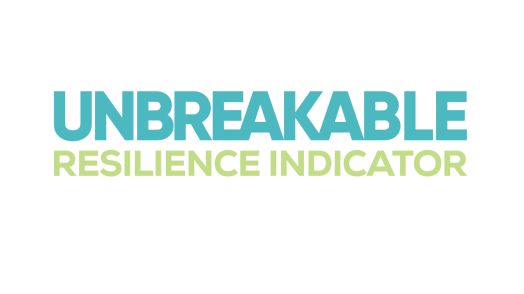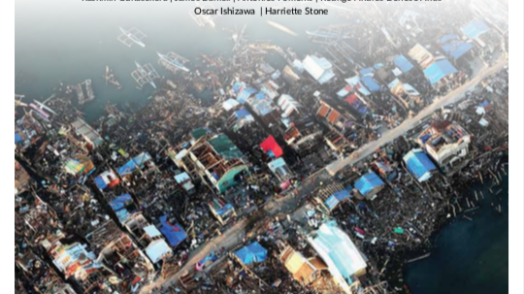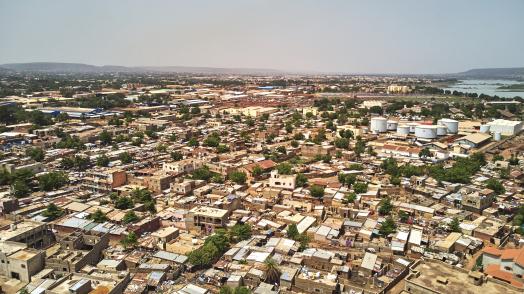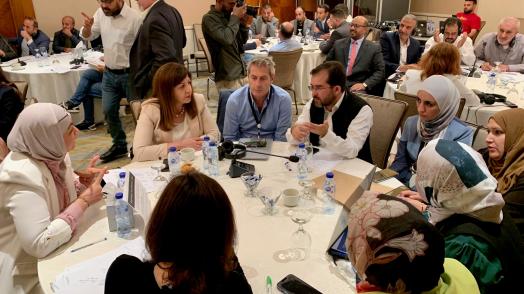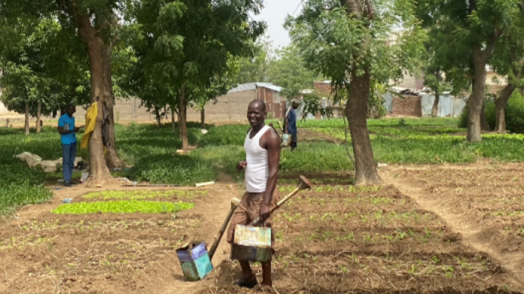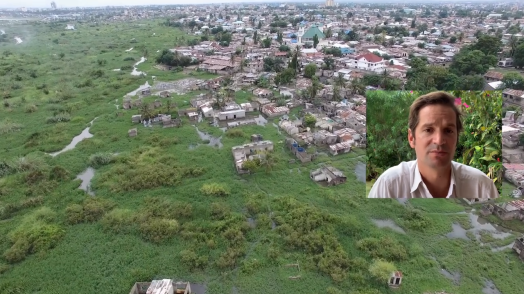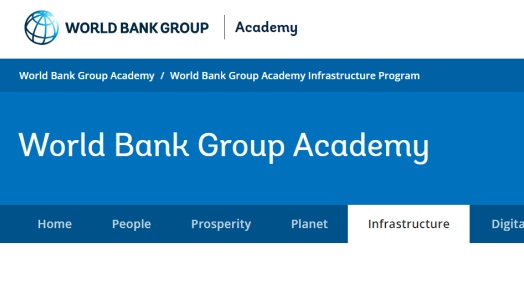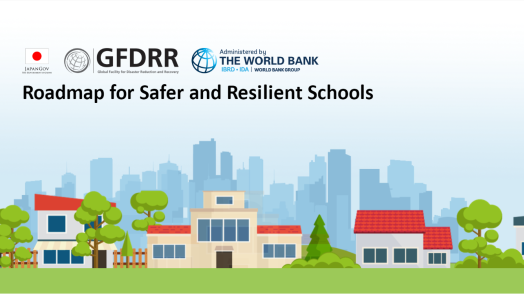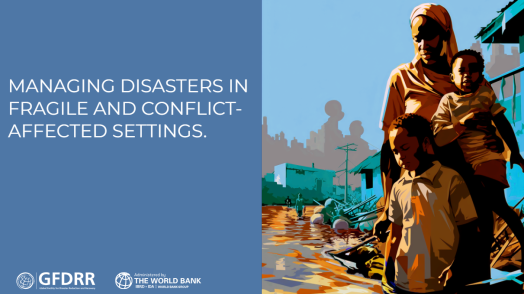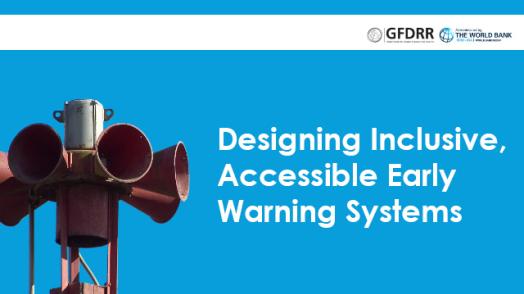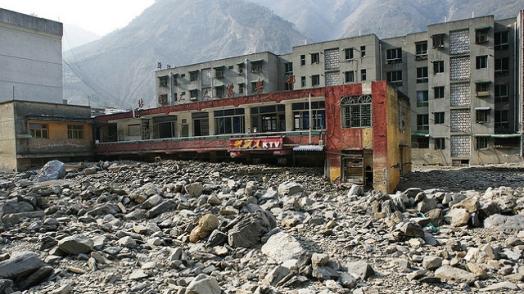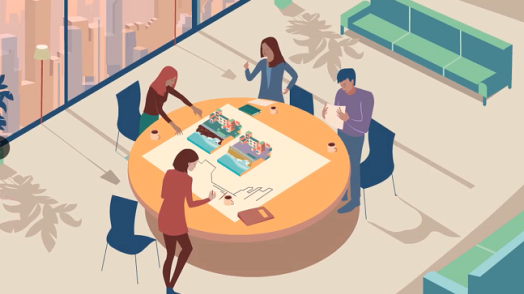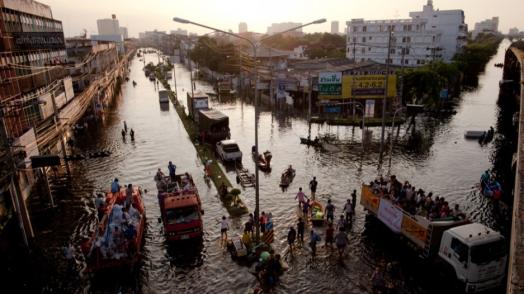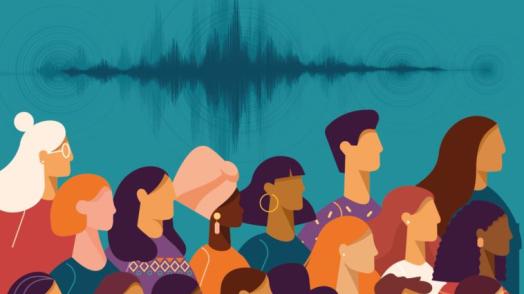Sustainable progress in disaster risk management requires practitioners—including policymakers and disaster management agency officials—to have the knowledge and experience necessary to influence policies and spread good practices. Without sustainable capacity development in this area, initiatives aimed at reducing a country’s vulnerability to natural hazards may result in short-term gains, but will not effectively change longer-term outcomes.
Accordingly, GFDRR provides demand-driven capacity building support to practitioners to strengthen, improve or scale up their competencies across the facility's 14 thematic areas and two cross-cutting areas. GFDRR capacity building support includes workshops, trainings, seminars, and field visits. Where possible, these offerings are also provided virtually, including through e-learning courses in the Resilience and Disaster Risk Management Learning Lab.
GFDRR regularly organizes workshops, trainings, and courses to enable practitioners to develop or deepen their knowledge on a particular topic of interest in DRM. On a more periodic basis, GFDRR organizes technical deep dives (TDDs) which are multi-day peer-to-peer learning events which bring together World Bank and GFDRR staff and partner country representatives to exchange knowledge on a particular topic of interest in DRM.
Highlights include:
City Resilience Program (CRP) Workshop Series
The City Resilience Program (CRP) organizes a workshop series on resilience planning where participating cities benefit from a diverse range of technical expertise to help package, prioritize and design resilience-enhancing investments anchored on World Bank Group (WBG) operations. A key feature of the workshop series is the hands-on training on the City Scan, which combines large amounts of spatial and socio-economic information to enable city-level decision-makers and development partners to engage in dialogue about natural hazards and disaster risks in key sectors and geographic areas which need to be addressed through coordinated investments. Visit the City Resilience Program (CRP) website here. ǀ Read about an example here.
Emergency Preparedness & Response Lessons Learned Exercise (LLE) Series
The Emergency Preparedness & Response (EP&R) thematic area organizes the Lessons Learned Exercise (LLE) series wherein practitioners on the frontlines of EP&R participate in a collaborative exercise in which they share and reflect upon lessons learned from their response to a recent emergency situation. Read about an example here.
Nature-Based Solutions Capacity Building Series
The Nature-Based Solutions thematic area organizes a range of capacity-building activities including workshops, technical deep dives, and trainings. One of the marquee capacity-building activities of the NBS thematic area is the technical deep dive which involves week-long immersive study tours to examine NBS approaches in a particular country by project teams, including both partner country representatives and representatives from development partners like the World Bank. Read about an example here.
Technical Deep Dive on Nature-Based Solutions in Mountain Environments
A Technical Deep Dive will be held in Innsbruck, Austria, with support from the governments of Austria and Switzerland, focused on NBS in mountain environments for clients from Central Asia and the Caucasus.
The Resilience Academy is a resource hub and educational platform in Tanzania that aims to equip young people with the tools, knowledge, and skills to address pressing resilience challenges and ensure resilient urban development. Watch a video about the Resilience Academy.
Gender Assessment
Identifying Gender Gaps in DRM Frameworks modules emphasize the importance of integrating gender perspectives into disaster risk management (DRM) for effective disaster risk reduction (DRR). By exploring the unique impacts of disasters on women and other marginalized groups, participants analyze real-life examples to understand how gender intersects with socio-economic factors in shaping disaster risk and resilience. Through a step-by-step methodology, they learn to identify and address gender gaps in DRM projects using gender-sensitive assessment tools and engaging diverse stakeholders throughout project lifecycles. Participants develop practical skills in data collection and analysis while evaluating existing frameworks to design, implement, and monitor strategies that promote gender equality and social inclusion across disaster preparedness, response, and recovery.
Gender Based Violence in Emergency Situations
The “Prevention and Management of Gender-Based Violence in Disaster Risk Management Training" is a comprehensive course aimed at empowering emergency managers to recognize and address gender-based violence (GBV) during disaster situations. By emphasizing how marginalized groups, such as women, LGBTI people, and persons with disabilities, face disproportionate risks, the course guides participants in integrating inclusive and intersectional strategies into disaster response and recovery. Through a blend of e-learning and practical exercises, participants will develop strategies that promote safe environments, reduce inequalities, and advocate for inclusive disaster risk management practices. The course provides tools to assess vulnerabilities, design coordinated response plans, and implement sustainable, accessible recovery strategies that protect human rights and ensure no one is left behind.
Through the Resilience and Disaster Risk Management Learning Lab in the World Bank’s Open Learning Campus (OLC), GFDRR supports the offering of a wide range of self-paced e-learning courses such as Introduction to Disaster Risk Management, Safe and Resilient Cities, Post-Disaster Needs Assessment and Disaster Risk Finance Analytics.
The full list of e-learning courses is as follows:

